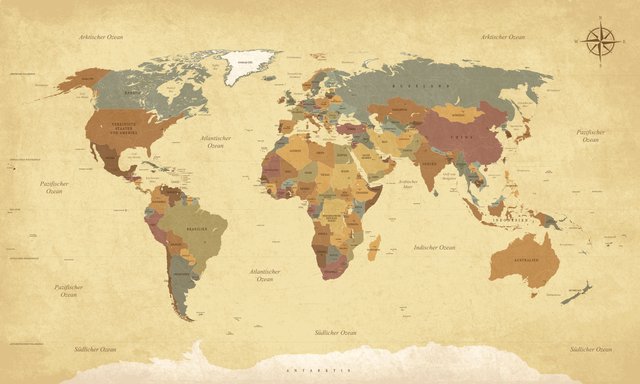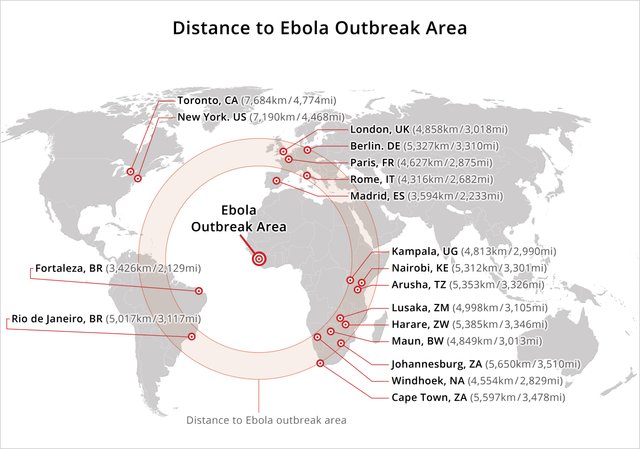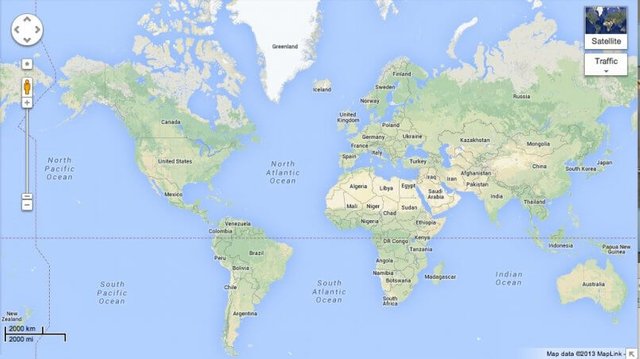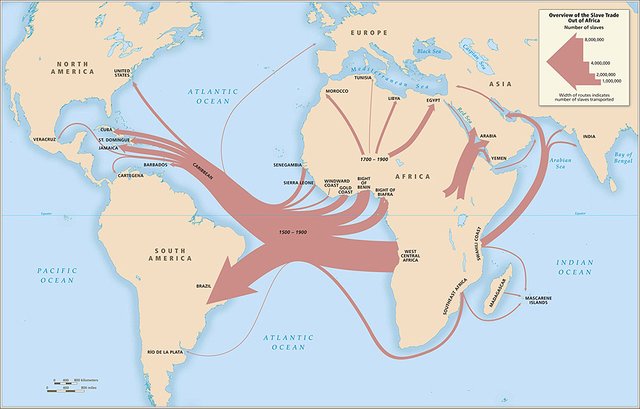I love traveling around the world and by now I can tick more than 50 countries of the list. In the last year I have traveled most of Southern Africa and fell in love with this wonderful part of the planet. It comes with a bitter taste that the more I traveled this continent, I realize how little I know about it.
There is so much to discover and learn about Africa, that I decided to share my new knowledge.

Africa is a Continent, Not a Country
Africa is the second largest continent on Earth. It contains 54 countries with more than 1,2 billion people. However we often simplify it as "Africa".
Well "Africa" has more landmass than China, India, Japan, the US and the EU combined. There are more 2000 spoken languages and thousands of ethnic groups. Large stretches of rainforests, deserts, unique wildlife and the world's greatest supply of natural resources.
It seems pretty far fetched to refer to Africa as one place, right?
„Many public figures and journalists have no problem describing someone from Botswana and a person from Mauritania as "Africans". They probably wouldn't call them "Americans" if they were from Brazil and the United States, even though the distance between the two is the same – and the economic conditions as different.“ (The Guardian).
I wonder myself what the root of this oversimplification is. Unfortunately the article is not delivering an explanation. Is it a general lack of knowledge on the geography of Africa?
To be fair, I did find evidence that people have trouble understanding the sheer size of Africa.
Ebola Makes Tourist Numbers Drop in Places Far Away from Outbreak Area
Do you remember the Ebola outbreak in 2014 in West Africa? The horrible epidemic had more than 11.000 people killed. It certainly caused hysteria. Tourists all over the world avoided the African continent. According to Safaribookings the tourist numbers plummeted in East and Southern Africa by 20-70%.
Now that comes with a catch. What most people don’t realize is that the main outbreak of Ebola was further away from most tourist places in West and South Africa, than Europe and South America.
Check out the map below:

The map above was created by Safaribookings to show how misinformed most people are.
„Tour operators reported that many tourists view Africa as a single country when it comes to risk assessment.“
And again I wonder, where does this lack of geographical knowledge come from? I think it partly due to our wrong use of world maps for the past 500 years. Let me explain.
Forget the World Map you Learned in School
Can you please just picture a world map in front of your inner eye? Most likely you are thinking of the 500 year old Mercator map.
This one right here:

I am sorry to tell you, but this map is massively distorted. It is a projection of the world that makes the countries closer to the North and South Pole appear larger. In this projection Greenland appears to have the same land size as Africa, while Africa is actually 14 times larger than Greenland.
To be fair, it is not easy to map out a three dimensional continent on a two dimensional piece of paper. The Mercator map was perfect for sea navigation as sailors could measure distances in straight lines. Most online services like Google Maps or Open Streets rely on it as well. While it is understandable to use the Mercator projection on a country and continent basis, it must not be displayed as a world map.
For centuries this must have been beneficent for colonial-driven countries, because it leaves the impression that the world is centered around Europe.
Read this article on Business Insider if you want to learn more about the "World's Most Misleading Map".
Edit: In August 2018, Google started using a globe for their Google Maps services. Finally - it only took them 13 years to correct their mistake.
What They Don’t Teach You at School
While we surely used a distorted map in class in Germany, it was another realization that blew my mind.
Just two months ago I was on a walking safari in the South Luangwa Nationalpark in Zambia. Our guide, Jason Alfonsi, was the most literate man I have ever met. He shared amazing stories about the culture, wildlife and history of Africa.
When I asked him about the origins of Swahili, he told us that the language has developed when Arabic traders set foot on East African soil. It became the second most common language in Africa. Now to my absolute surprise, Jason claimed that the Arabs participated heavily in the slave trade in East Africa. That alone was something I had never heard of. He continued to explain that as early as the 9th century, Arab traders brought African slaves to the Middle East and it is estimated that between 11,2 and 17 million people were enslaved till the end of the 19th century.

Now how crazy is that? I only ever knew about the slaves that were taken to the Americas from West Africa and not that other cultures participated in the enslavement of Africans. I was more than wrong.
I found this interesting quote on Wikipedia by historian Elikia M’bokolo:
„The African continent was bled of its human resources via all possible routes. Across the Sahara, through the Red Sea, from the Indian Ocean ports and across the Atlantic. At least ten centuries of slavery for the benefit of the Muslim countries (from the ninth to the nineteenth) […]. Four million enslaved people exported via the Red Sea, another four million through the Swahili ports of the Indian Ocean, perhaps as many as nine million along the trans-Saharan caravan route, and eleven to twenty million (depending on the author) across the Atlantic Ocean.“
I find it highly disturbing to read.
It seems that our lack of knowledge on the history, geography and politics of the African continent has lead to much ignorance, misinformation and falls implication. And that some of it begins in our class rooms.
Schools fail to deliver the „big picture“ of the world.
Yet I believe that as a globalized world it is of high importance to teach children of all age about our planet. Not just the parts most „relevant“ for geo-politics, but especially those we know little about.
Why? Because we are human. And humans are wired in a way that they are easily scared of people and places, they know little about.
So please begin to question newspaper articles on ‚Africa‘, do your own research, travel the continent and tell your friends about your new knowledge.